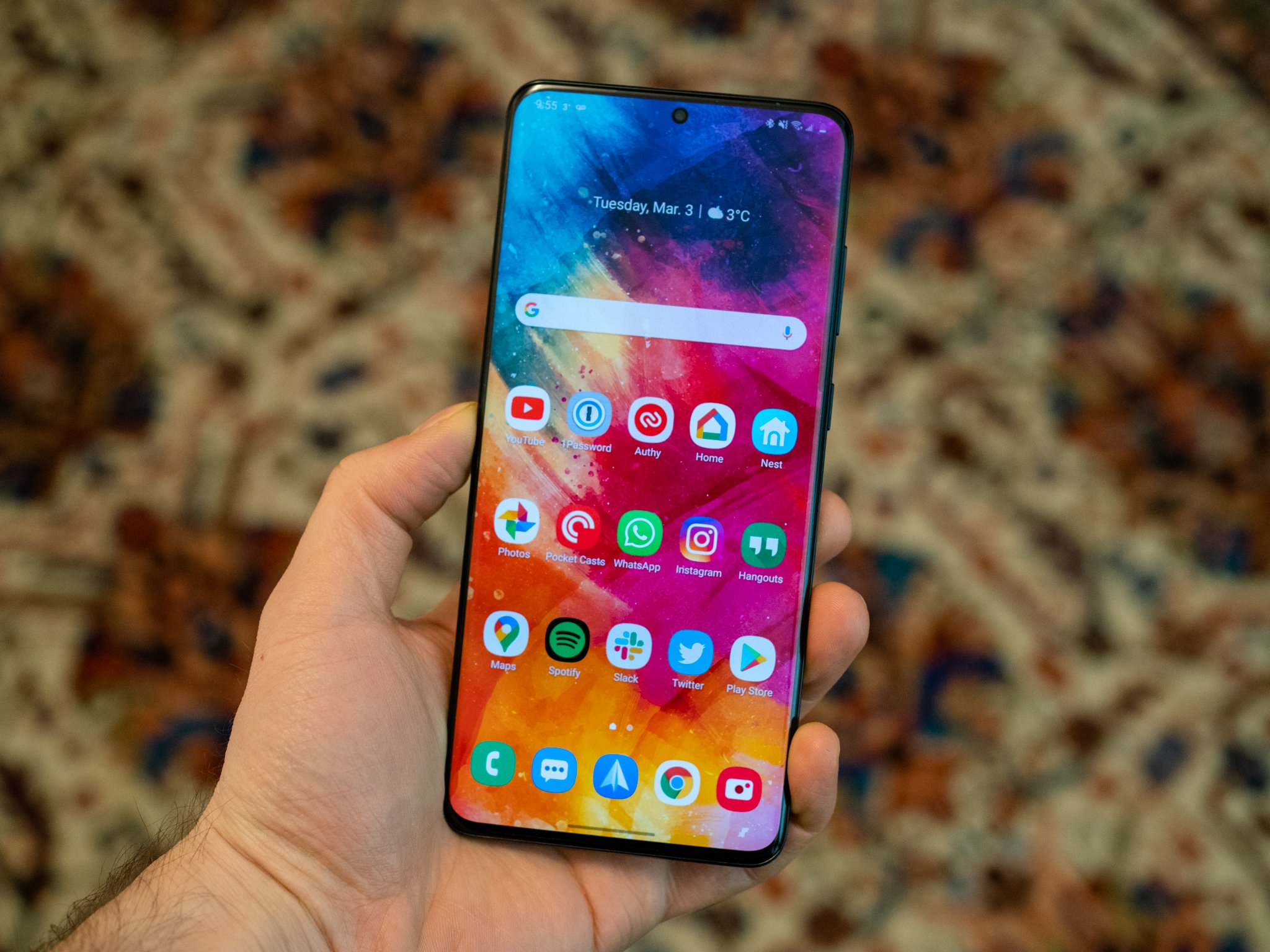EU wants to extend the lifespan of mobile devices with 'right to repair' policy

What you need to know
- The EU plans to introduce new "right to repair" rules for phones, tablets, and laptops by 2021.
- It is part of a greater initiative to cut down on e-waste and achieve climate neutrality by 2050.
- Manufacturers will also be offered incentives to produce products more sustainably as part of the greater Circular Economy Action Plan.
The EU has been in the news a lot lately with its plans to introduce new policies to cut down on e-waste. In January, we learned of its plans to require phone manufacturers to use one standard port and cable for charging. This would allow consumers to use the same cable and charger for longer and lead to fewer of them ending up in the landfill.
And in February, we reported about how the EU was working on a proposal to make it easier to get your smartphone battery replaced. The battery is often the first component in a phone to degrade, and one of the biggest reasons people upgrade. If you were able to have the battery replaced more easily, it would extend the life of your device, saving you money and helping out the environment.
Now, the EU is at it again, looking to introduce new "right to repair" rules covering consumer products such as phones, tablets, and laptops by 2021. The "right to repair" rules are part of the Circular Economy Action Plan from the EU that hopes to achieve climate neutrality by 2050. It will involve initiatives including legislative and non-legislative measures to reduce consumption and encourage repairing and recycling.
At present, many products break down too quickly, cannot be reused, repaired or recycled, or can only be used once. This linear pattern of production and consumption ("take-make-use-dispose") does not give producers an incentive to make more sustainable products.
As part of the Sustainable Product Policy Framework, the EU will create rules that will reward manufacturers for producing more sustainable products. It will include "three main building blocks – actions on product design, on empowering consumers and on more sustainable production processes." However, the statement doesn't mention what incentives it will provide to manufacturers that comply with the new sustainability rules.
Along with the "right to repair," the EU has a host of other proposed initiatives. For instance, there will be a ban on the destruction of unsold durable goods, and a program to buy back old phones, tablets, and chargers is also being considered. Additionally, there will be stricter rules against greenwashing and planned obsolescence.
The great news is, these new policies should help benefit more than just the EU. By requiring manufacturers to produce products in a more environmentally friendly way it helps us all. Plus, as consumers, we all win when companies can't use planned obsolescence and products are easier to repair.
The EU's decision to force USB-C on smartphones is a bad idea with good intentions
Be an expert in 5 minutes
Get the latest news from Android Central, your trusted companion in the world of Android

